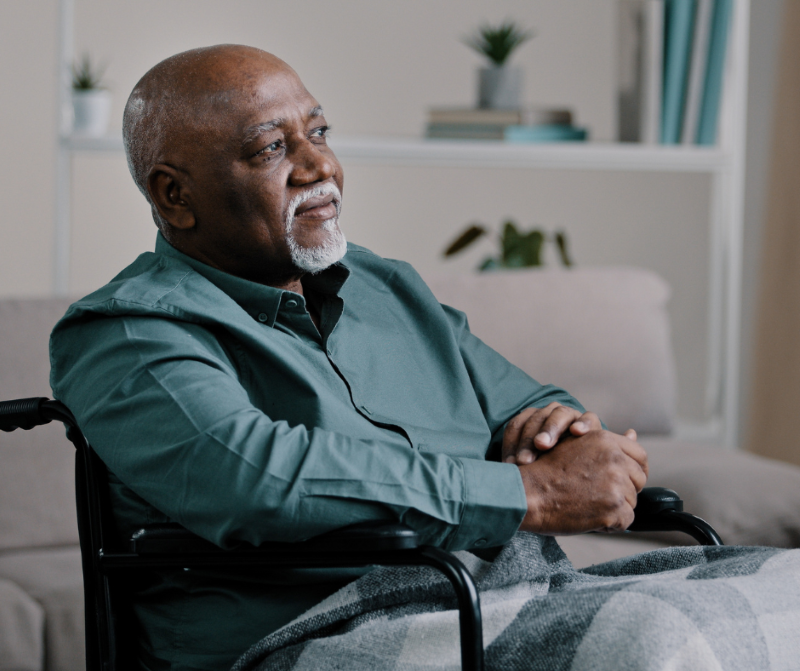When Oklahoma families research estate planning options, they frequently ask: "Is a living trust better…

Myths About Wills and Probate: What You Need to Know
As estate planning attorneys serving Broken Arrow families, we often hear a common misconception: people believe having a will lets their loved ones avoid probate. However, this is not true.
To clarify, let’s explore the connection between wills and probate and explain what this means for your overall estate plan.
Your Will Serves as Instructions to the Court
Think of your will as clear instructions for the probate court. While it states how you want your assets distributed, the court must still validate the will and oversee the administration process before transferring assets to beneficiaries. This court-supervised procedure is what we call probate.
Why Probate Occurs Even With a Valid Will
Even if you create a professionally drafted will, probate serves several important purposes:
- First, it confirms that your will is legally valid and free from undue influence.
- Next, it ensures that all outstanding debts and tax obligations get settled properly.
- Then, it provides a structured, supervised process to transfer assets to your beneficiaries.
- Additionally, probate gives creditors a chance to present legitimate claims.
- Finally, it creates an official public record of the asset transfers.
Effective Strategies to Bypass Probate
As experienced Broken Arrow estate planning attorneys, we recommend several approaches that help transfer assets outside of probate—if avoiding probate is one of your goals:
Revocable Living Trusts
These trusts allow assets to pass directly to beneficiaries, bypassing probate entirely.
Beneficiary Designations
Life insurance policies, retirement accounts, and transfer-on-death accounts pass directly to properly designated beneficiaries without entering probate.
Joint Ownership
When property is owned jointly with rights of survivorship, it automatically transfers to the surviving owner without probate. However, you should implement this cautiously as part of a comprehensive estate plan since it can create unintended consequences.
Why a Will Is Still Essential
Even if you use probate-avoidance tools, a properly executed will is crucial. It ensures your wishes are followed instead of the state’s default rules. Without a will, Oklahoma’s intestacy laws determine who inherits, which may not reflect your intentions.
A will lets you:
- Choose who inherits your assets
- Nominate guardians for minor children
- Designate a personal representative for your estate
- Clearly express your wishes rather than leaving decisions to state law
The Bottom Line
While a will alone doesn’t avoid probate, it remains a fundamental component of your comprehensive estate plan.
Working with our experienced Broken Arrow estate planning team can help you determine which combination of tools – wills, trusts, beneficiary designations, or other methods – best addresses your specific situation and goals.
Ready to create an estate plan that truly protects your loved ones and preserves your legacy?
Contact our office at (918) 608-1836 or 1836 or click here to schedule a consultation to schedule a consultation. We’ll help guide you through these important decisions which will provide you with peace of mind.



